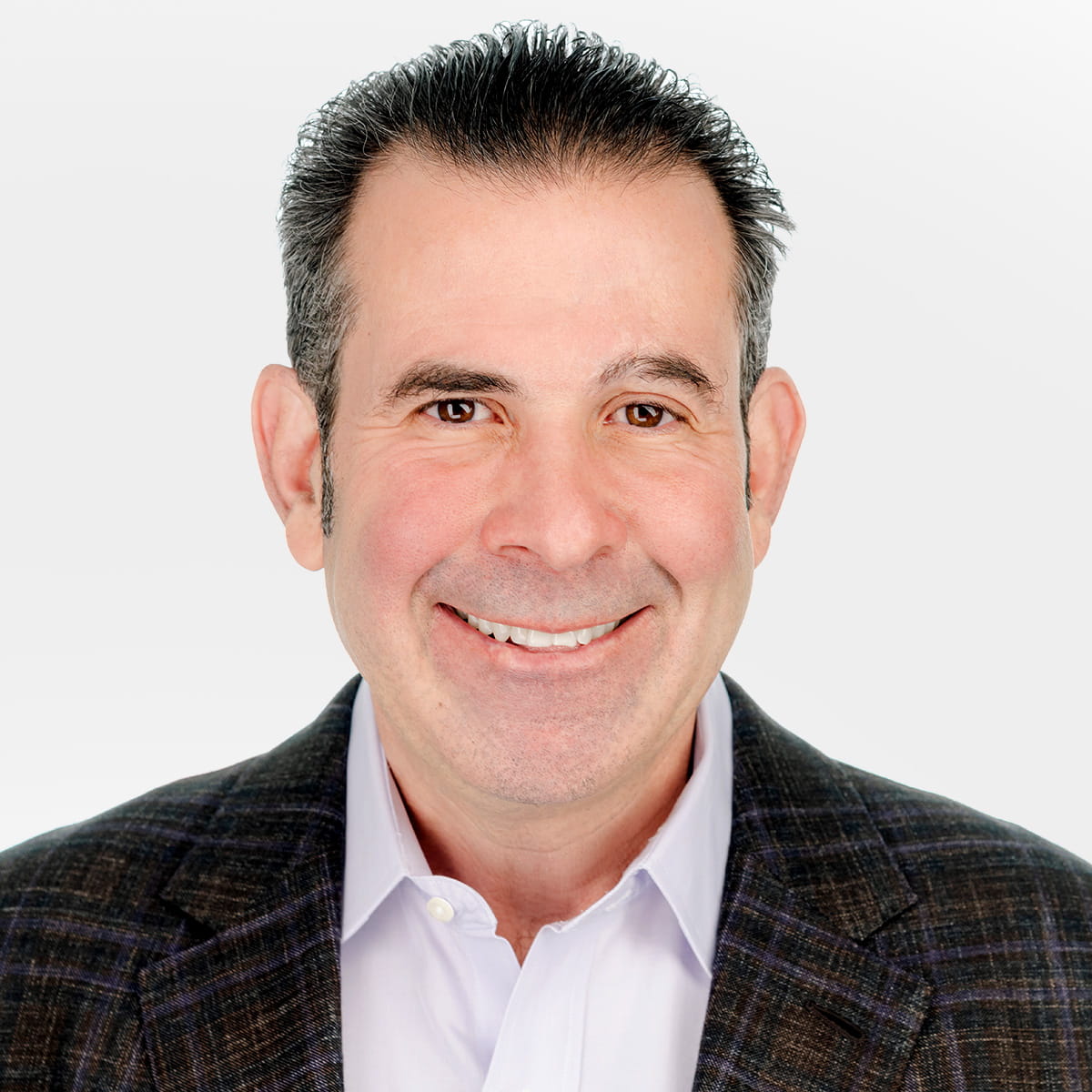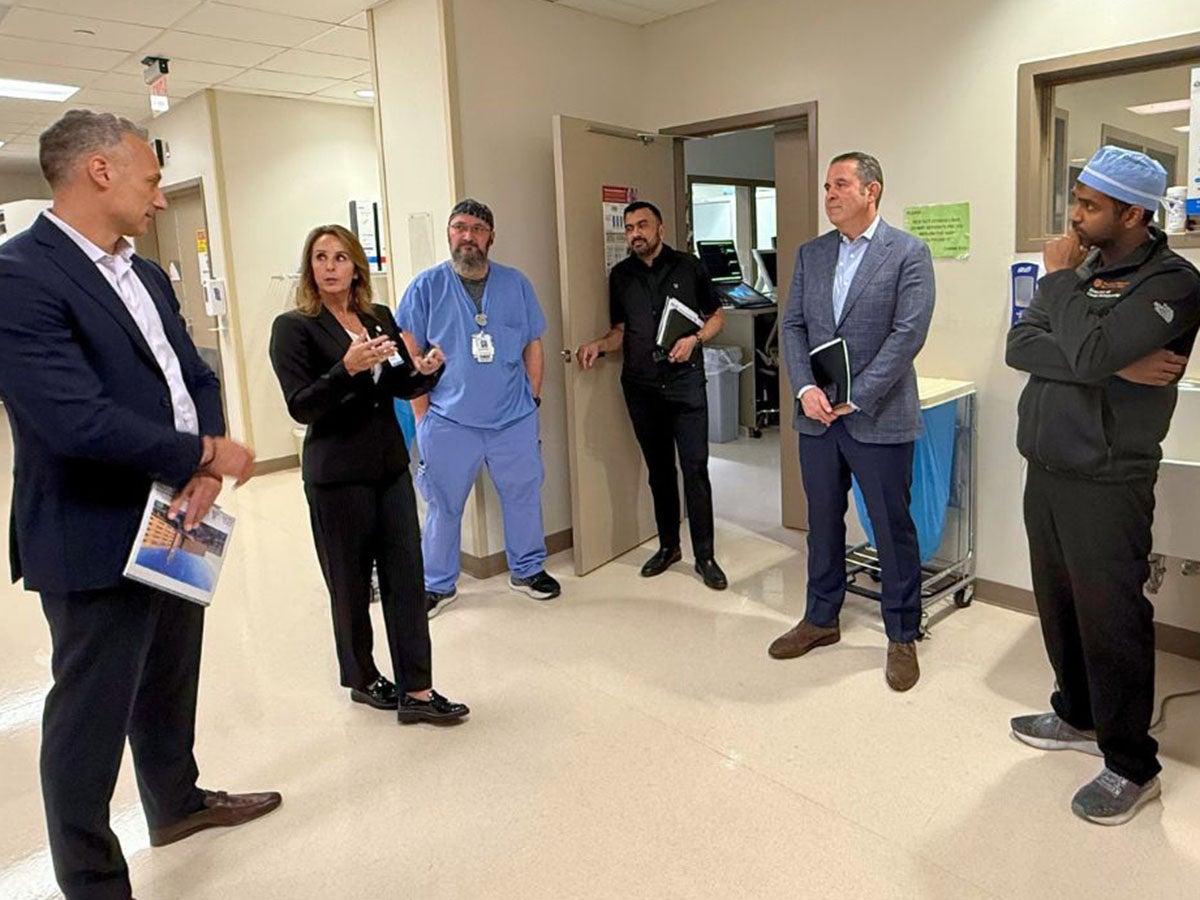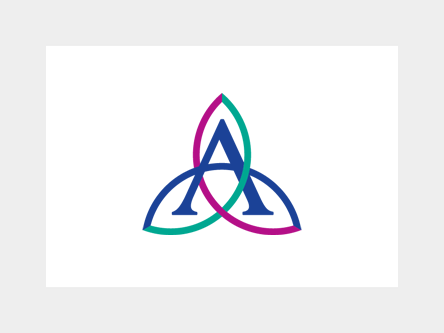At Ascension, our vision is to answer God’s call to bring health, healing and hope to all. As a Catholic health ministry serving communities across 16 states and Washington, D.C., we are dedicated to caring for everyone who comes through our doors—especially those most vulnerable. That includes individuals covered by Medicaid and those without insurance.
In 2024, Ascension cared for 6.1 million unique individuals. Of those, nearly 750,000 were covered by Medicaid, and almost 350,000 were uninsured or self-pay. In total, about 20% of our patients were either covered by Medicaid or uninsured. That is not just a statistic—it is a reflection of who we are called to serve.
Medicaid plays an important role in supporting Ascension’s Mission. Among the 75,000 babies delivered at Ascension hospitals last year, more than 41% were covered by Medicaid. Last year alone, Ascension experienced a $1 billion shortfall in Medicaid reimbursement, a challenge that is not unique to us. When patients lose coverage altogether, the strain on the healthcare system grows even more.
Today, Ascension covers nearly 34% of the cost of care for Medicaid patients, a significant portion in its own right. But when patients are uninsured, we absorb approximately 88% of the total cost of care. That is not sustainable—for hospitals, for caregivers, or for the communities we serve.
This brings us to the current debate in Washington over the future of Medicaid. The “One Big Beautiful Bill Act,” recently passed by the U.S. House of Representatives and now under consideration in the Senate, includes significant changes to Medicaid that would cause millions of Americans to lose their health coverage. Additional provisions would cause millions more working Americans to lose their private health insurance through the Health Insurance Exchanges. Increasing the number of uninsured patients and causing reimbursement shortfalls for providers to rise, these changes would deepen the financial strain on providers across the country.
If enacted, the House bill would push more families into medical uncertainty and significantly increase the number of uninsured patients under our care. That would not only impact our ability to provide for those on Medicaid—it would impact all patients, even those who have coverage. Rural and underserved communities would be hit hardest. Hospitals would face difficult decisions about reducing services, pausing expansion efforts, or even closing their doors.
The bill would also shift billions in Medicaid funding responsibility to state governments—many of which are already facing serious budget deficits. That would leave states with tough choices: raising taxes, narrowing eligibility, cutting provider payments, or reducing other essential services like education and public safety.
We agree there is a need to eliminate waste, fraud, and abuse in Medicaid. But this legislation goes far beyond that. It would result in significant cuts to a program that nearly 80 million Americans rely on. It would replace coverage with uncertainty, and compassion with red tape. When people lose coverage, they delay care, rely on emergency rooms, and experience worse health outcomes. Providers are left absorbing more of the cost—stretching already thin margins and a burned-out workforce. Senators now have a heavy responsibility over the next few weeks. As they weigh this legislation, I urge them to focus on a clear guiding principle: Medicaid and its beneficiaries deserve a future built on stability, access, and health—not cuts and consequences.
That is the future Ascension believes in and that is the work we will continue to carry forward.




